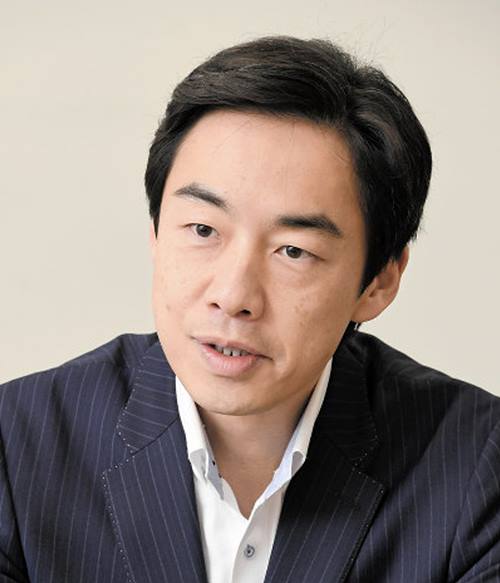Intensifying North Korean Threats and Seoul-Tokyo Security Cooperation
- Interview
- December 05, 2022

- Junya NISHINO
- Professor at Keio University

In response to increasing nuclear and missile threats coming from Pyongyang, Nishino Junya, Professor at Keio University, claims that Japan is determined to increase its defense capacity, further strengthen the Japan-U.S. alliance, and expand cooperation with neighboring countries in the region. By implementing the five-year military plan and adopting a new law on its nuclear forces that includes a condition of using nuclear weapons against non-nuclear powers, North Korea seems to boost nuclear capabilities for revising the status quo and buttressing its bargaining power against Washington. Professor Nishino is pessimistic about the possibility of DRPK’s denuclearization, and he highlights the need for South Korea-Japan coordination to strengthen deterrence and prepare a long-term roadmap. In addition, he suggests that the two countries could deepen diplomatic ties between them based on their new Indo-Pacific strategies.
I. Japan's View of the North Korea Missile and Nuclear Threats
• On October 4th, North Korea tested an intermediate-range ballistic missile that flew over Japanese airspace. In response to Pyongyang’s increasing nuclear threats, professor Nishino Junya claims that “Missile defense system may be insufficient… The move comes as Japan is trying to develop its own standoff missiles, capable of attacking enemy vessels from outside their firing range.”
• He elaborates on Japan’s defense policy, which is enhancing Japan’s defensive capabilities, strengthening the Japan-U.S. alliance and expanding cooperation with neighboring countries in the region. Meanwhile, Japan seems to have a fundamental shift in its thinking about a national defense that professor Nishino mentions that “Japan is planning to have revisions to the National Security Strategy done by the end of this year.”
II. Korea-Japan Relations: Strategic Priorities and Historical Issues
• Relations between South Korea and Japan have been strained over disputes. Professor Nishino says that “Japan welcomes the Yoon administration’s commitment to improvebilateral ties... and after the summer, the Japanese government began showing signs of greater openness towards Korea.”
• Yoon administration has recently announced its Indo-Pacific strategy. He mentions that “This leaves room for diplomatic cooperation between the two, in the same breath with Japan’s Free and Open Indo-Pacific Policy line.” • To develop South Korea-Japan relations in a forward-looking manner, he claims that “It is necessary to restore bilateral trust between the defense authorities of the two countries... Ties should evolve and go beyond countering North Korea and should cooperate for a peaceful and prosperous Indo-Pacific.”
Ⅲ. Japan’s Support for the Yoon Government’s Audacious Initiative
• Professor Nishino is pessimistic about the possibility of DPRK’s denuclearization. He mentions that “By implementing the five-year military plan and adopting a new law on its nuclear forces that includes a condition of using nuclear weapons against non-nuclear powers, North Korea seems to boost nuclear capabilities for revising the status quo and buttressing its bargaining power against Washington.”
• Professor Nishino highlights the need for South Korea-Japan coordination to strengthen deterrence and prepare a long-term roadmap. In addition, he suggests that “The two countries could deepen diplomatic ties between them based on their new Indo-Pacific strategies.” ■
■ Nishino Junya_Nishino Junya is a Professor, Department of Political Science, Faculty of Law and Politics, Keio University. He received his Ph.D. in Political Science from Yonsei University. His research focuses on contemporary Korean politics, international relations of East Asia and Japan-Korea relations. Previously he served as a Special Analyst on Korean Affairs in the Intelligence and Analysis Service of the Japanese Ministry of Foreign Affairs (2006-2007), and was a Special Assistant on Korean Politics at the Japanese Embassy in Seoul (2002-2004).
■ Typeset by Junghoo Park, Research Associate
For inquiries: 02 2277 1683 (ext. 205) | jhpark@eai.or.kr